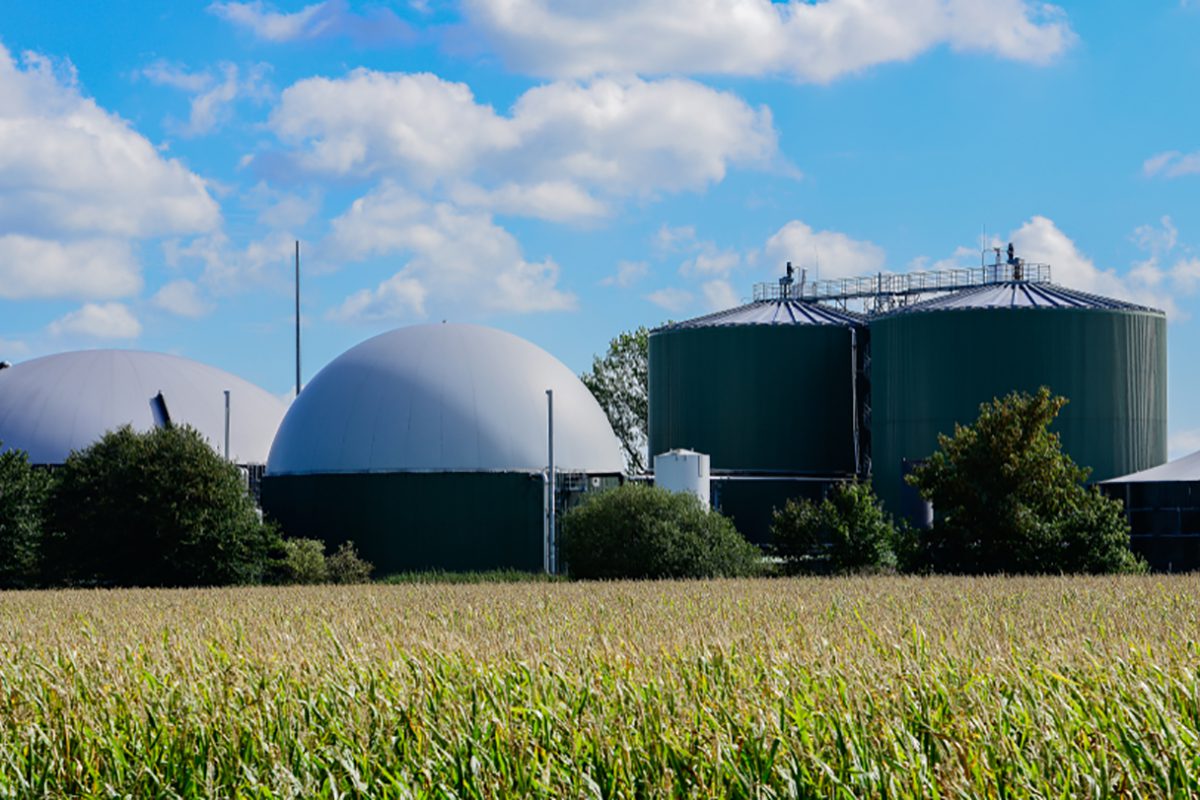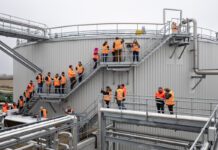
• The World Biogas Association (WBA) publishes its latest report on the Global Potential of Biogas to address global environmental and economic challenges
• The biogas industry can reduce global GHG emissions by 10-13% across multiple sectors
• With currently only 2% of world feedstock turned into biogas, the industry has huge scope for growth through widespread deployment of anaerobic digestion (AD) technology.
As governments around the world finally recognise the scale of the climate crisis facing humanity and acknowledge the need for action to counter and mitigate the effects of rising temperatures, the Global Potential of Biogas report, unveiled on 3 July by the World Biogas Association at the inaugural World Biogas Summit in Birmingham, illustrates the huge contribution that this industry can make to meeting the Paris Agreement commitments, and its potential to become a key player in the development of a sustainable circular economy.
A key finding of the report is that anaerobic digestion (AD) technology, which produces biogas from the treatment of wastes, can help reduce global GHG emissions by 3,290 to 4,360 Mt CO2 eq – this is equivalent to 10-13% of the world’s current greenhouse gas emissions. Biogas can be used as a fuel for transport and as energy for electricity and heat, whilst the residue left over from biogas generation, known as digestate or natural fertiliser, can replace 5-7% of inorganic fertiliser currently in use. This means it could fertilise 82 million hectares of land, equivalent to the combined arable land in Brazil and Indonesia.
Currently, only 2% of the feedstocks available are treated through AD. These include food waste, sewage waste, farm waste and crops, which can all be used to make biogas in every country. The potential for growth is therefore huge, and with it, the development of a major economic force that provides renewable energy and food security, manages waste, protects water bodies, restores soil health, improves air quality, promotes health and sanitation, and creates mass employment.
David Newman, WBA President, said:
“The contribution that AD and biogas can make to protecting the environment, developing a sustainable circular economy and improving quality of life around the world is enormous. Our report calls on governments worldwide to prioritise policies which aims to maximise treatment of the waste streams, create the legal frameworks in which biogas can be implemented, and to act urgently. With just a decade in which we need to drastically cut GHG emissions, there is no time to lose. The biogas industry is here, now and ready to scale up.”







